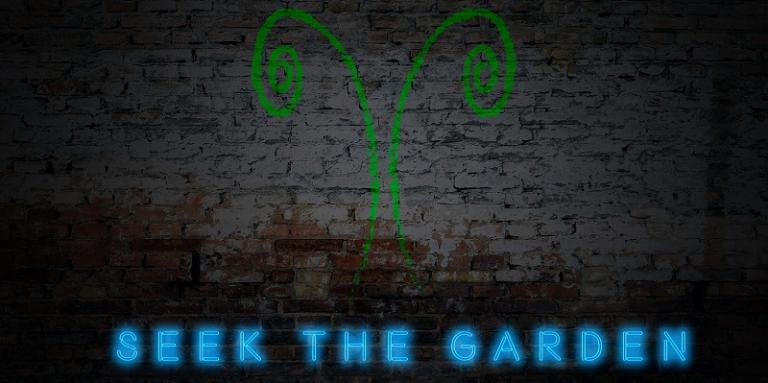
Commonwealth: A Novel of Utopia, part 1, chapter 6
Author’s Note: This is an excerpt from my novel Commonwealth. The rest of today’s installment is free, but only on my Patreon site. If you want to read the next part today, it’s already up on Patreon as well. You can sign up for as little as $1/month, or $2 for exclusive author’s notes and behind-the-scenes material. There’s also a table of contents for all published chapters.
On August 2, a pipe exploded in midtown Manhattan during the morning rush hour.
The pipe was part of Con Edison’s steam system, which recirculated the boiling-hot steam that was a byproduct of electricity generation to heat, cool and clean New York’s high-rise buildings. It was a marvelously efficient closed loop, but it was creaking with age and in desperate need of maintenance.
This pipe was cast-iron, half an inch thick, and over a hundred years old. It had done its job far longer than the original builders had planned for it to last. But since the utilities had been privatized, the budget for inspections and repairs had been cut to the bone, while stock dividends and executive bonuses had been increased every year.
New York’s potholed streets had degraded in the merciless summer, and on that August morning, a passing storm dropped a brief shower of warm gritty rain. That relatively cooler water trickled down through cracks in the street. When it pooled around the pipe carrying four-hundred-degree steam under high pressure, the sudden temperature drop was too much stress, and an old weld ruptured catastrophically.
The street erupted in a geyser of mud, dirt and smoke. A panel truck that had been driving over the spot at the moment of the blast flipped like a coin, tumbled through the air, and crashed back to earth in a crumpled wreck of steel. Half a dozen bystanders were swallowed by the scalding cloud, boiled alive before they knew what was happening.
People ran for their lives as the dust cloud of the explosion rose higher and higher, enveloping cars, towering above buildings, blotting out the sun. When it dissipated, it left behind an open wound that stretched from one side of the street to the other. Broken pipes were exposed like severed blood vessels. Dust- and debris-covered cars were stranded at the lip of the crater.
Traffic backed up on the now-impassable street and spread outward. A braying din of horns rose into the air, and New York City stuttered, like a stroke victim who’d suddenly felt the pinch of a blood clot.